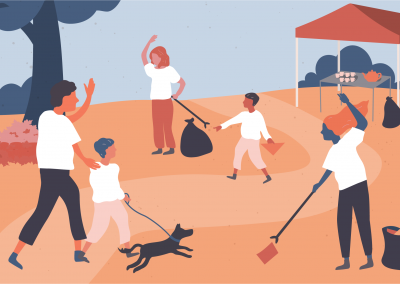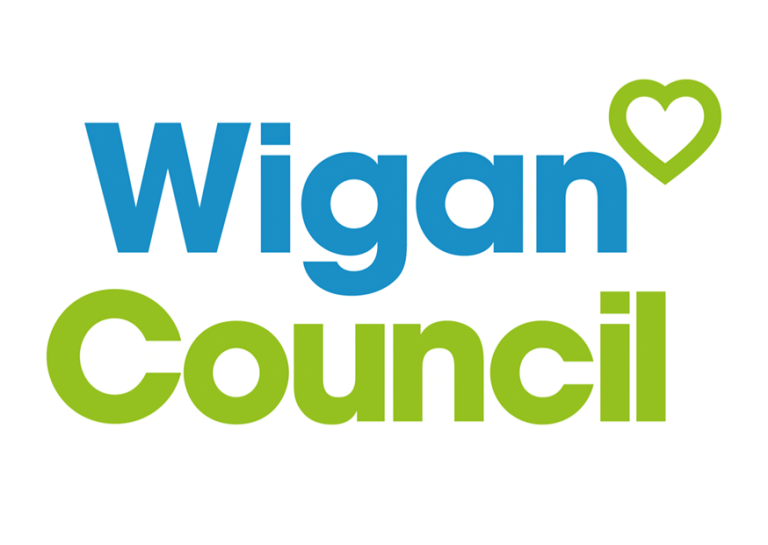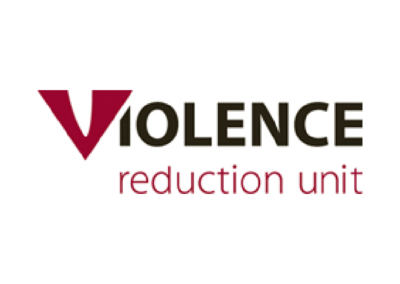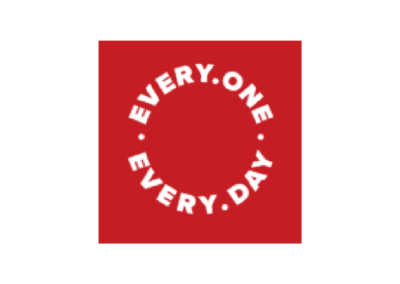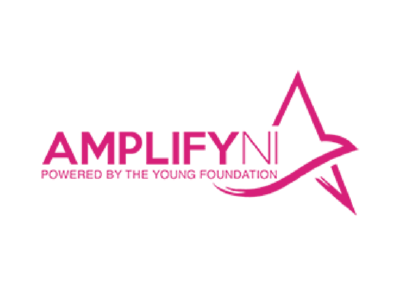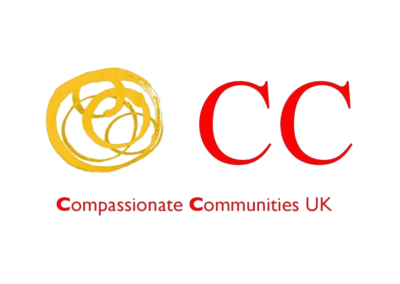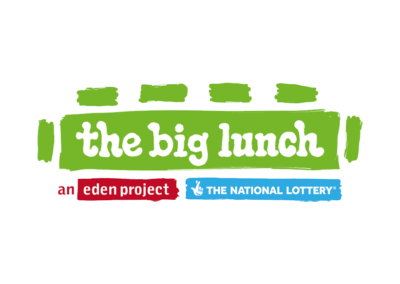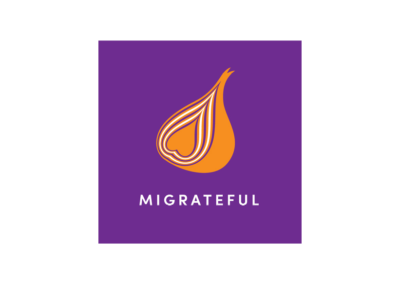Case study: Frome Model of Enhanced Primary Care
Harnessing the community cure
Introducing The Frome Model of Primary Care
The Frome Model of Enhanced Primary Care (FMEPC) – aka Compassionate Frome – is a project in Frome, Somerset leveraging existing social networks to improve health outcomes. Launched in 2013 as a collaboration between Frome Medical Practice and Health Connections Mendip, it is rooted in the overwhelming evidence that health is heavily influenced by social factors (even more so than smoking, reducing excessive drinking, reducing obesity and any other preventative interventions).
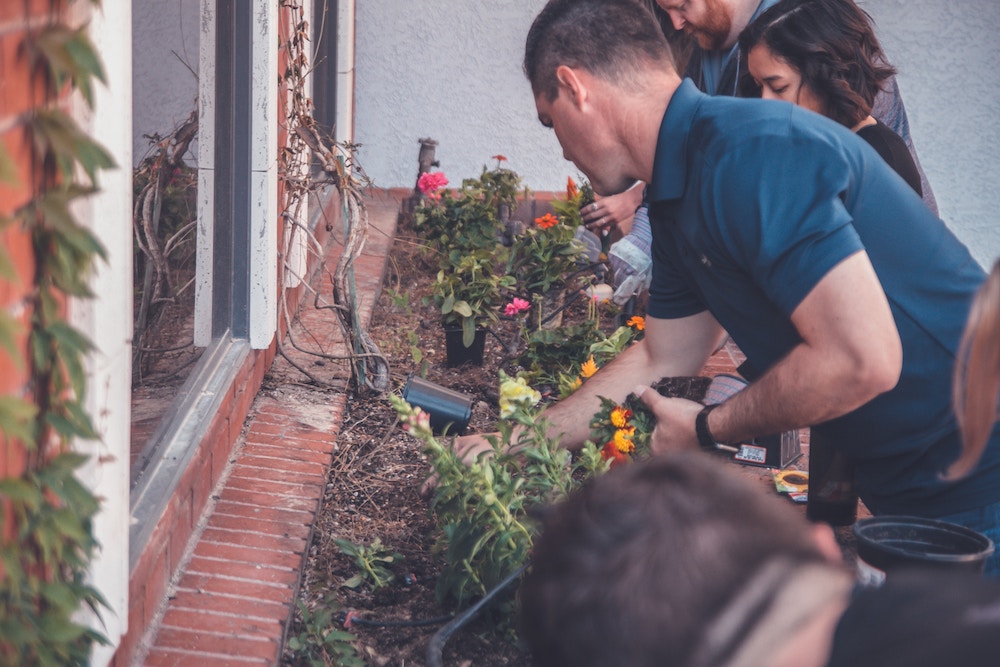
How does The Frome Model work?
Compassionate Frome is part of the wider Frome Model of Enhanced Primary Care. It works in three steps:
Step 1: Mapping community assets
Step 2: Helping local people fill gaps
Step 3: Signposting
- Training volunteer ‘Community Connectors’ to signpost family, friends and neighbours to community services that could be helpful
- Social prescribing: Patients meet ‘Health Connectors’ to discuss their health, set goals and connect with community services and activities. Patients can self-refer or be referred by their GP
- Talking Cafés: people who feel isolated or wish to meet people and learn about community services and activities can pop into a local café and chat with each other and a Community Connector
- Letters to suitable patients identified on practice registers
- The Health Connections Mendip website
- A monthly radio slot
What impact is The Frome Model having?
Reduced hospital admissions
%
reduction in hospital admissions, compared to a 28% increase in the rest of Somerset
Alongside tons of glowing testimony, from 2018-19 The Frome Model of Enhanced Primary Care has achieved the following impact:
community connectors have had 21,140 signposting comversations
%
of patients feel more able to manage their health and wellbeing
patients seen across 3,243 appointments
%
of patients feel more able to access community support
visits to Health Connections Mendip's website
%
of patients experience an increase in wellbeing
Cost savings
%
reduction in healthcare costs
What can we learn from The Frome Model?
An important aim of Compassionate Frome is increasing the number of relationships between people and community services and activities – ensuring people are well connected. However, being well connected is not necessarily connecting well. Beyond quantity, connecting well requires quality relationships. Compassionate Frome rests on this core tenet of relationship-centred design, exhibiting a number of features we think represent effective relationship-centred design:
Relationships must be valued for people to prioritise them, and this value depends on many factors
Relationships take many forms
Co-creation and shared goal setting help cultivate strong, mutual relationships
Deep relationships can stem from better, rather than more, use of resources
The Compassionate Frome project has actually resulted in cost savings whilst achieving social impact, by utilising previously untapped community expertise and social capital.
Support and training helps people understand and develop strong relationships
Want to know more?
What’s next for Frome?
There are plans to expand the project into other parts of Somerset, and into Wales. The team is also applying for funding so they can trial a similar model in Minnesota, in the United States.
Further reading
- Resurgence & Ecologist was first to report on the project’s results
- Julian Abel and Lindsay Clarke have expanded on the thinking behind the project in Resurgence & Ecologist Magazine
- George Monbiot also covered the project in The Guardian
- This British Journal of General Practice paper surveys the results
- As does Health Connections Mendip’s 2016 report
- There is more information on Health Connections Mendip on their website
- And here is an explanation of the Compassionate Communities approach






